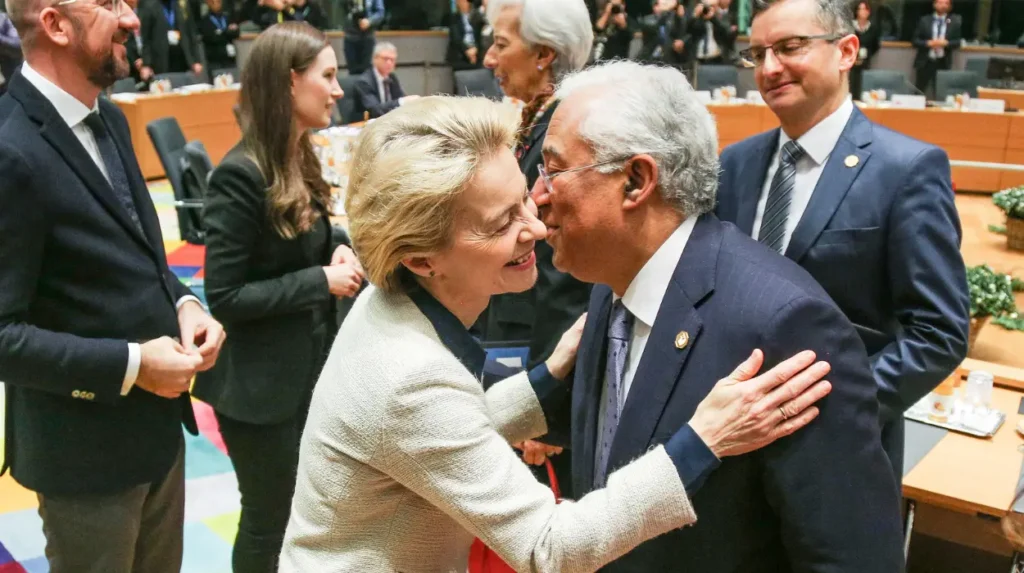The opaque nature of decision-making within the European Union, especially in the Council of the EU, has long been a source of frustration for citizens and civil society. While the European Parliament has made strides in enhancing transparency, the Council’s meetings where national government officials negotiate EU laws have traditionally remained shrouded in secrecy. This clandestine process prevents public scrutiny and accountability, allowing both national ministers and lobbyists to operate with minimal oversight. However, the landscape is changing. The introduction of new rules requiring EU officials to publish details of their meetings with lobbyists marks a pivotal shift toward openness and democratic accountability.
The Culture of Secrecy in EU Decision-Making
Unlike the elected Members of the European Parliament, the Council of the EU consists primarily of appointed national officials who legislate behind closed doors. Official records for the over 4,000 yearly meetings in Council buildings are sparse, typically designated as “limité,” meaning limited internal distribution with no public release. This council culture fosters diplomatic confidentiality rather than transparency. Key political decisions often stall indefinitely, with citizens and journalists left in the dark about which member states support or block proposals.
European Ombudsman Emily O’Reilly has critiqued this “default secrecy” extensively, noting the undermining of citizens’ rights to hold representatives accountable. Calls from civil society groups and parliamentary bodies for recorded agendas, detailed minutes, and disclosure of member state positions have largely gone unanswered by national governments, perpetuating opacity. This environment is fertile ground for elite lobbying influences that evade public scrutiny.
New Transparency Measures for EU Lobby Meetings
Significant reforms began with EU institutions expanding transparency rules around lobbying. As of recent measures, approximately 1,500 EU officials holding managerial positions within the European Commission must publicly disclose lobbying meetings. Not only must these officials log the occurrence of such meetings, but they are also required to publish minutes summarizing key arguments and conclusions. This represents a substantial step beyond mere disclosure, fostering depth in transparency.
In 2025, the EU adopted a dedicated Transparency Directive targeting lobbying activities by third-country entities (non-EU actors). This directive mandates registration in national registers, detailing lobbyists’ identities, funding sources, and policy areas targeted. Interconnected through a centralized EU portal, these national registers enhance public access and enable cross-border scrutiny. These rules aim to level the playing field, deter covert influence, and restore citizens’ trust in policymaking integrity.
Challenges and Implications for EU Governance
Despite progress, implementing transparency in EU lobbying faces hurdles. Concerns about administrative burdens on legitimate actors, especially smaller civil society groups, require careful calibration to avoid stifling civic engagement. Ensuring consistent standards across member states and safeguarding the neutrality of regulatory authorities pose ongoing challenges.
Moreover, the Council of the EU remains less transparent than the Parliament or Commission. Many crucial legislative files remain “stuck” in Council committees indefinitely, with little public knowledge of blockades or member states’ roles. The lack of published voting records or detailed minutes allows politicians to evade responsibility, often shifting blame to faceless EU institutions rather than themselves.
This opacity also strengthens powerful lobby groups able to access informal networks inside the Council, enabling them to influence legislation without public oversight. The lack of transparency undermines the democratic principle that citizens should know who shapes policies that impact their lives.
Enhancing Democratic Accountability Through Transparency
The push toward mandatory publication of lobby meeting details aligns with international good governance practices recommended by bodies like the OECD. Transparent lobbying registers and meeting disclosures enable journalists, watchdogs, and citizens to hold decision-makers accountable and detect undue influence or conflicts of interest.
Public access to information empowers civil society to organize targeted campaigns, especially in cases where a few member states block progressive legislation. For example, transparency about which governments block gender equality measures or environmental regulations allows advocacy groups to mobilize pressure more effectively.
The European Democracy Shield, a broader strategy encompassing cybersecurity and media pluralism, also supports transparency efforts by countering disinformation and protecting the integrity of EU policymaking from foreign interference.
The shift toward requiring EU officials to publish detailed lobbying meeting information represents a key advancement in transparency and democratic accountability at the EU level. While challenges remain, including the enduring secrecy within the Council of the EU and implementation complexities, these reforms enhance public trust and curb hidden influence. Greater openness enables citizens to understand and engage with decision-making processes that profoundly affect European societies, ensuring elected representatives and officials remain answerable for their actions behind closed doors.







